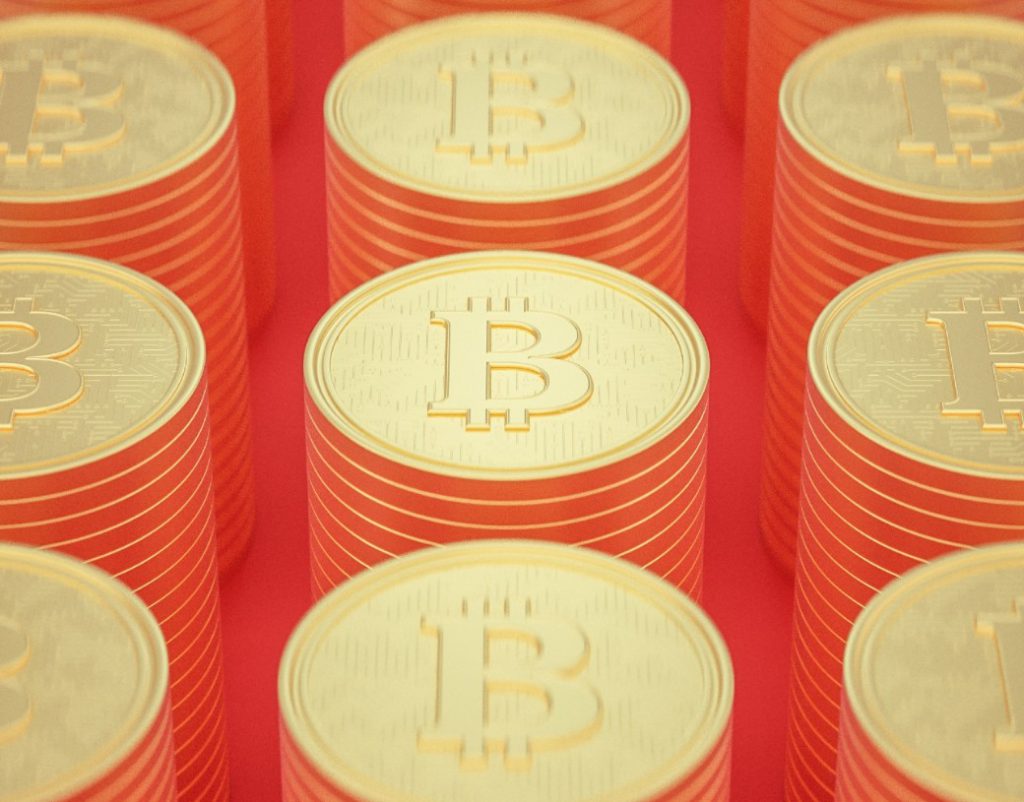A long-time investor in the digital asset space, Mark Cuban warns that an age-old market manipulation tactic could cause crypto’s “next possible implosion.” Speaking to TheStreet, Cuban shared his belief that wash trades are the next hurdle crypto platforms must overcome.
Additionally, Cuban noted the necessity of the “discovery and removal,” of the old stock market manipulation measure that is illegal on Wall Street. While it remains nearly impossible to uncover within the world of decentralized finance.


Cuban Foresees Impact of Wash Trades on Centralized Exchanges
A wash trade is a market manipulation tactic formerly utilized on the stock market that is now illegal. The act sees a trader buy and sell the same security in order to create misleading volume. Thus, creating the illusion of demand simply generated by the actions of the trader.
Subsequently, the false demand often leads to higher prices, which allows the wash trader to cash out. The action has been illegal in the United States for decades, but still stands unaddressed in the digital asset space. Its absence in the crosshairs of regulators is understandable, as the industry is still relatively young. There are some, however, who believe it could have a dire effect on the industry’s growth potential.


Mark Cuban is one of those, as the long-time crypto investor believes the market manipulation tactic could have disastrous effects. Telling TheStreet, “I think the next possible implosion is the discovery and removal of wash trades on central exchanges,” Cuban remarked.
Conversely, the COO of Solidus Labs, Chen Arad, agreed with the sentiment, noting how difficult it is to identify the tactics used. Arad told CNBC, “putting an exact number on crypto wash trading is much harder than in traditional finance because the markets are so different and decentralized.”


These perspectives are supported by data that says all transaction volume reported may not be real. Specifically, Forbes underwent a massive study that noted more than half of all Bitcoin trades are fake. Specifically, stating that through the evaluation of over 157 crypto exchanges, they found 51% of reported trading volume is “likely to be fake or non-economic.”
That study showcases the already real presence of wash trading. in the crypto space. The question now is, how does the industry combat it? There is no answer currently, but Cuban’s warning presents those in the space to consider developing an answer soon. Perhaps, before it’s too late.





